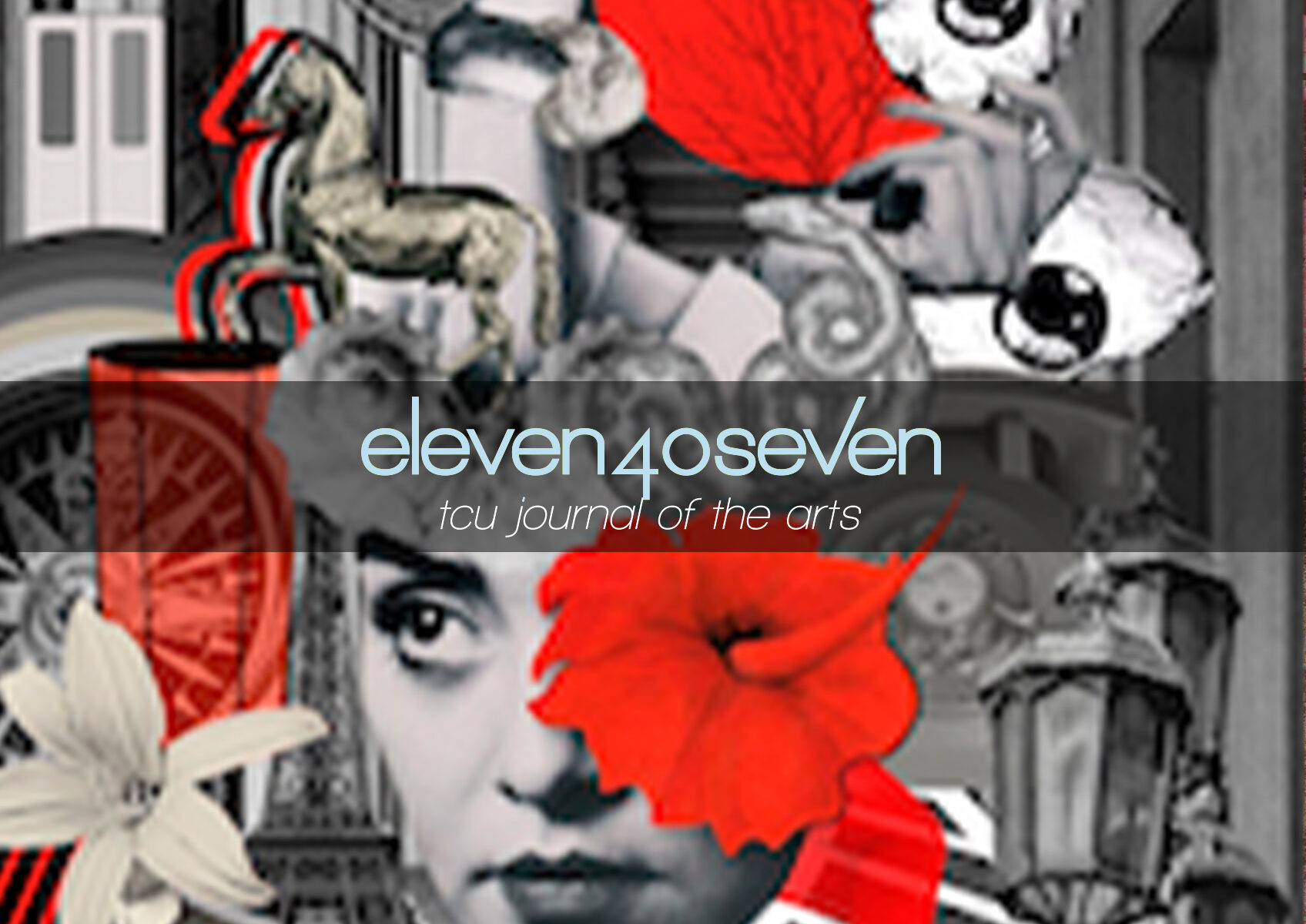By Anonymous
I once took a class for gender studies and was pleased to find like-minded people. Everyone made it clear they were LGBTQ+ allies. Or at least if they weren’t, they kept any negative opinions to themselves. In one of my classes, over Zoom, we were discussing gender terminology, the difference between gender and sex, and how these can interact to create identity. I was experimenting with gender myself, so I was happy to have an opportunity to discuss things I tended to hide.
Then, one student stepped away from his computer but forgot to mute himself. At some point, he got into an argument with his roommate over whether anything the class was talking about was “normal.” The roommate said some hateful things, unaware we could hear him while the professor scrambled to mute the audio manually. The student sent an email the next day apologizing on his roommate’s behalf.
And I pretended that I wasn’t hurt.
It shouldn’t have hurt, right? I didn’t know the guy’s roommate. I will likely never hear his voice again. And everyone else in class agreed that what had been said was not an acceptable way to speak about someone.
So why did it hurt?
I think, for me, it was a cruel reminder that even the safe spaces can hide malice. That even when surrounded by allies, you never know what gets said of you when you aren’t around to hear. It brings back bad memories of high school, gluing your eyes to the ground and praying no one notices you, lest they turn out to be someone who enjoys hurting others.
Now, I tend to keep to myself unless I’m sure the people around me are also queer. I hope that someday I will not be affected by the malice of strangers. I hear life is easier when you can keep your defenses down.
